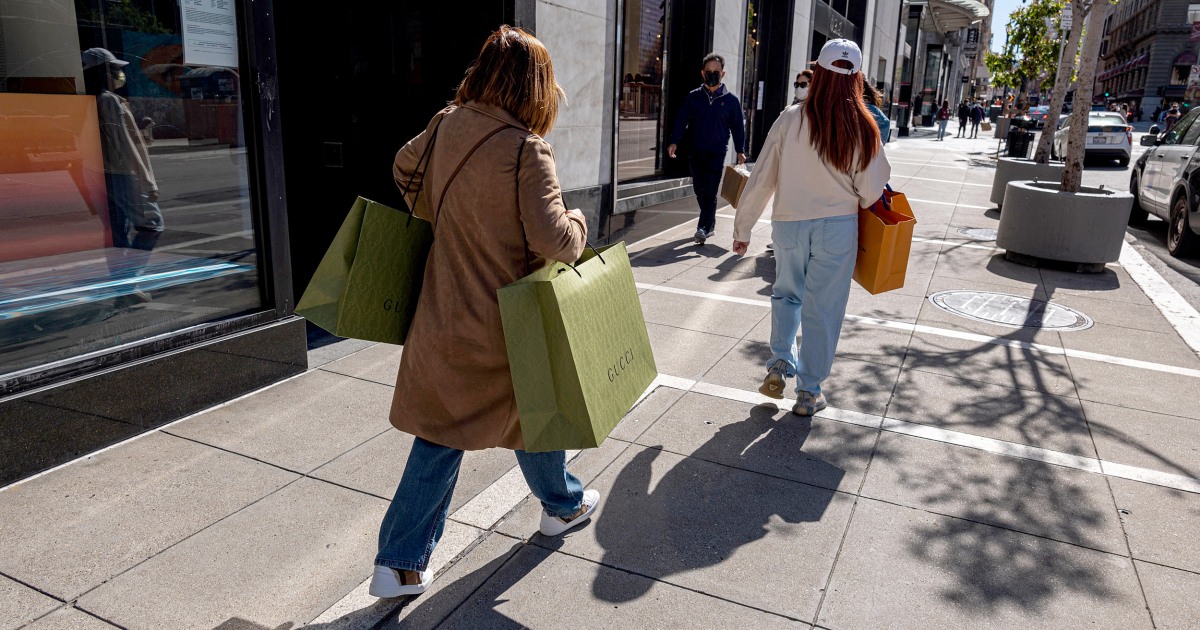
The latest inflation reading shows that prices rose by 5.4 percent on an annualized basis in September as supply chain bottlenecks, worker shortages and high demand kept prices rising, according to data released Wednesday by the Bureau of Labor Statistics.
The inflation rate rose a seasonally adjusted 0.4 percent in September from August, according to the latest Consumer Price Index. That is well below the 0.9 percent seen in June but not enough to point to slowing inflation.
Increases in food and shelter accounted for more than half of the index’s increase, with food rising 0.9 percent. Gasoline rose 3.9 percent and new vehicles rose by 1.3 percent.
Apparel fell by 1.1 percent and transportation services were down 0.5 percent.
The “transitory effects” of inflation Federal Reserve Chairman Jerome Powell has spoken of may last a little longer yet.
Consumers have faced elevated sticker tags on everything from lumber to menu prices to used cars as sellers raised prices to fend off heightened demand and pass on increased costs as pandemic economic disruptions continue to whipsaw global economies. Covid-19 concerns and labor shortages have led to backups at every pinch point in the supply chain, from production to unloading to trucking to shelf stocking.
And consumers shifting spending from entertainment, leisure and travel to goods has ramped up demand just as the system is under greater strain.
But shoppers should not be worried there aren’t enough presents coming to fill store shelves for Christmas and the holidays, Treasury Secretary Janet Yellen said in an interview with CBS that aired on Tuesday night.
“There may be isolated shortages of goods and services in the coming months,” Yellen said. “But there is an ample supply of goods. I think there’s no reason for consumers to panic about the absence of goods that they’re going to want to acquire at Christmas.”
Whether there is the manpower to get those items unloaded and trucked to stores is the question.
President Joe Biden is set to announce Wednesday new plans to help ease pressure at the ports, which have been backed up for months with lines of container ships waiting to unload.
Walmart, FedEx, and UPS will operate on a “24/7” basis and longshoremen will man extra shifts to speed the processing of cargo container ships at two West Coast ports, the White House said.
Experts say that after supply chain issues resolve, price pressures should ease.
Source: | This article originally belongs to Nbcnews.com










